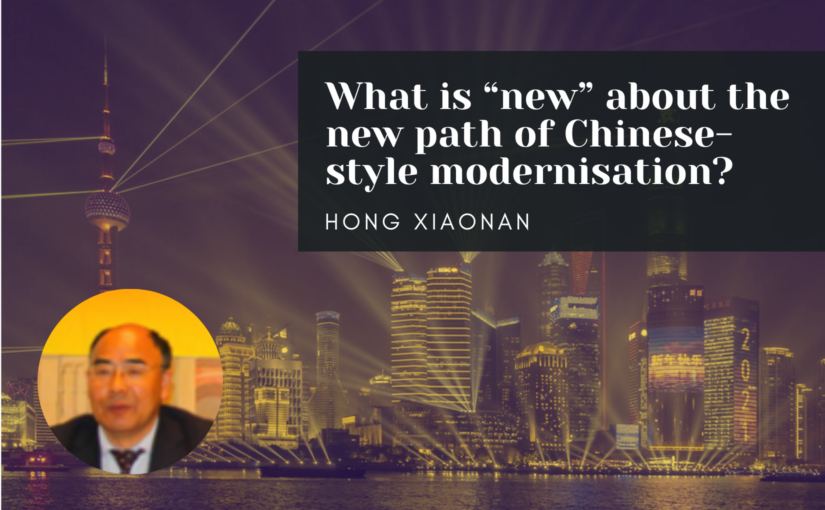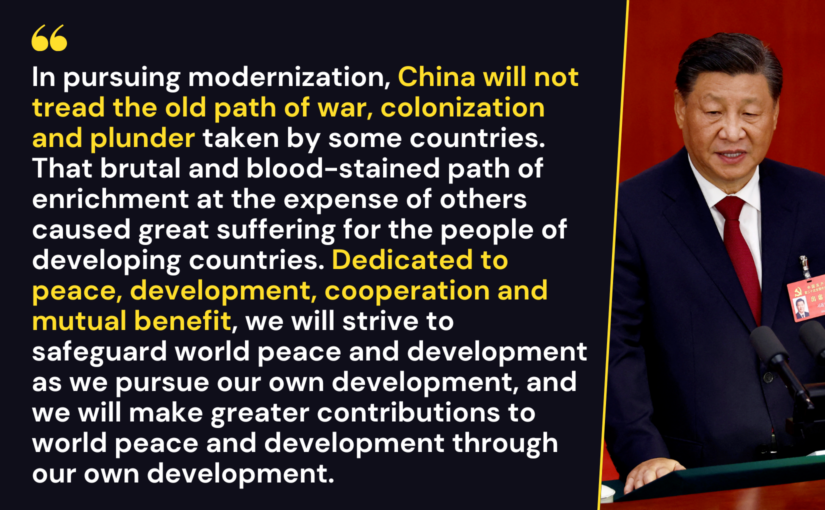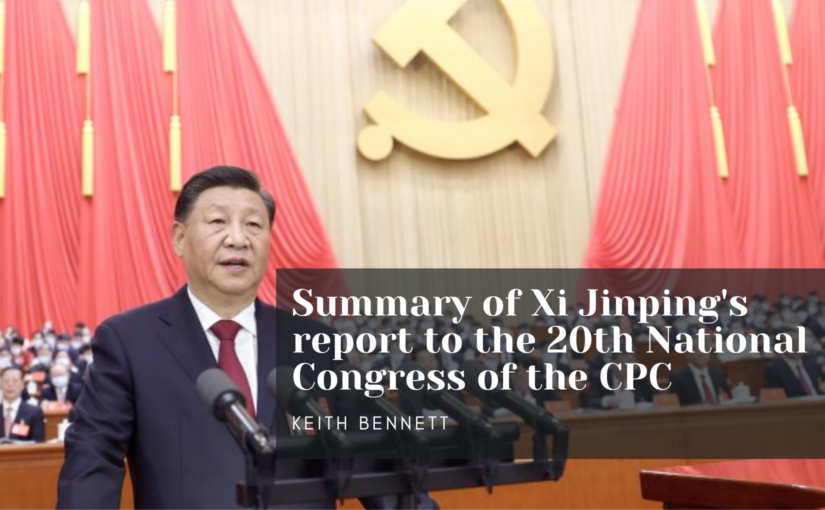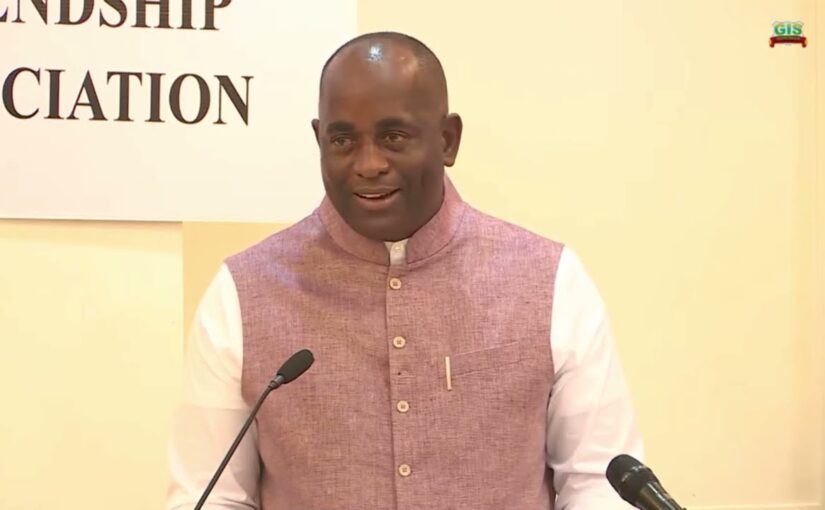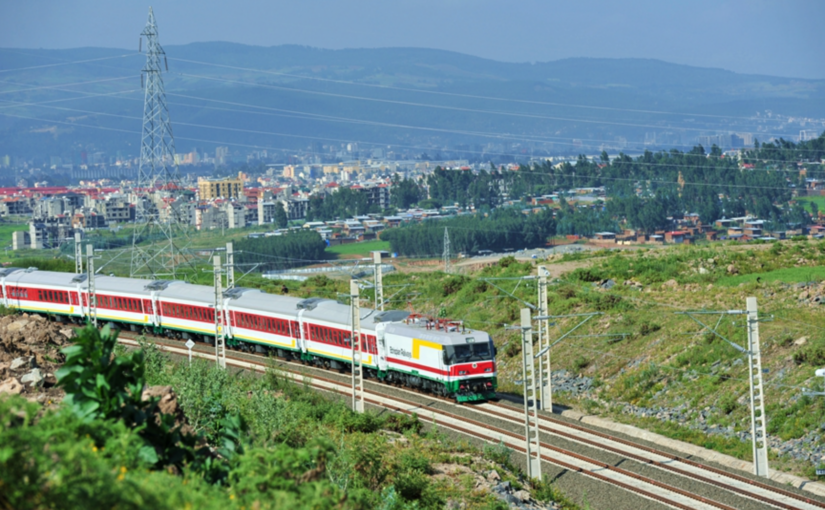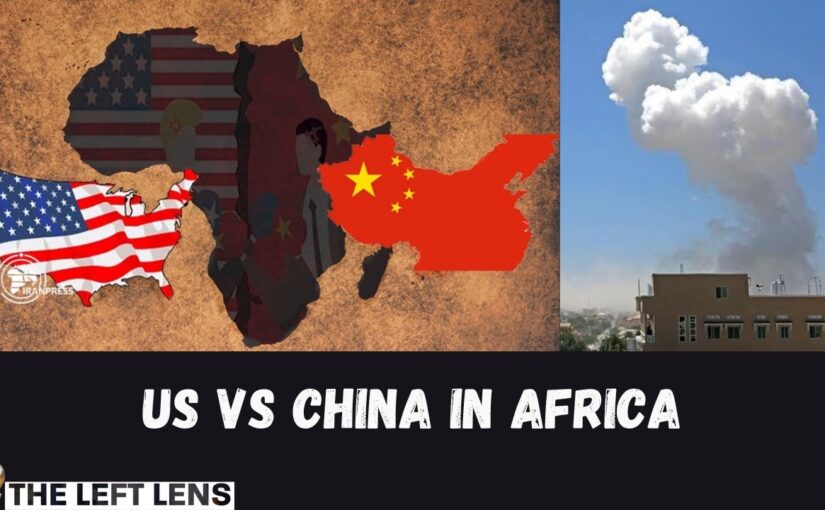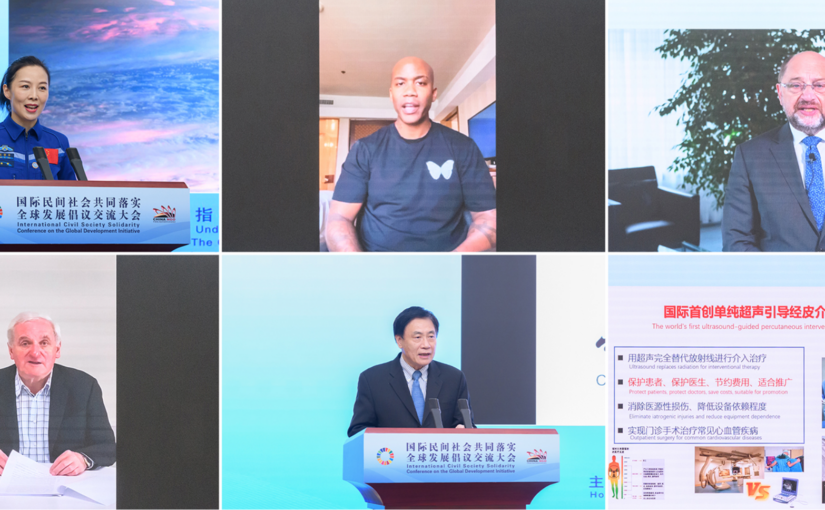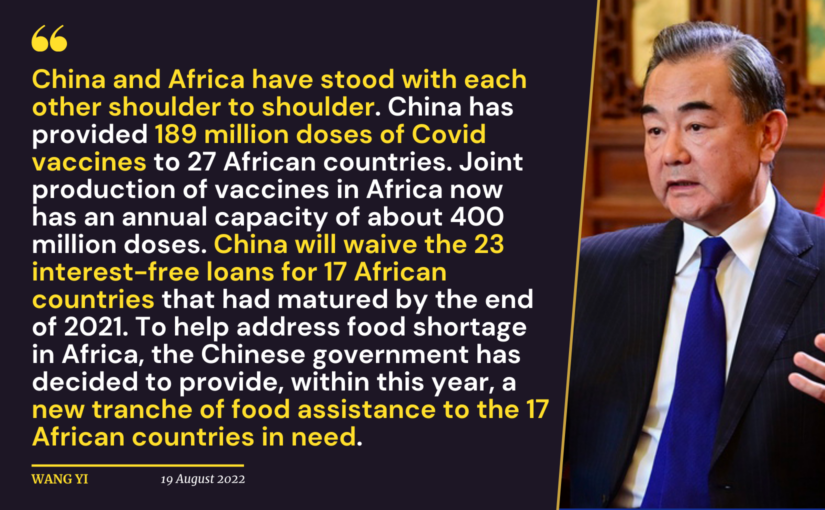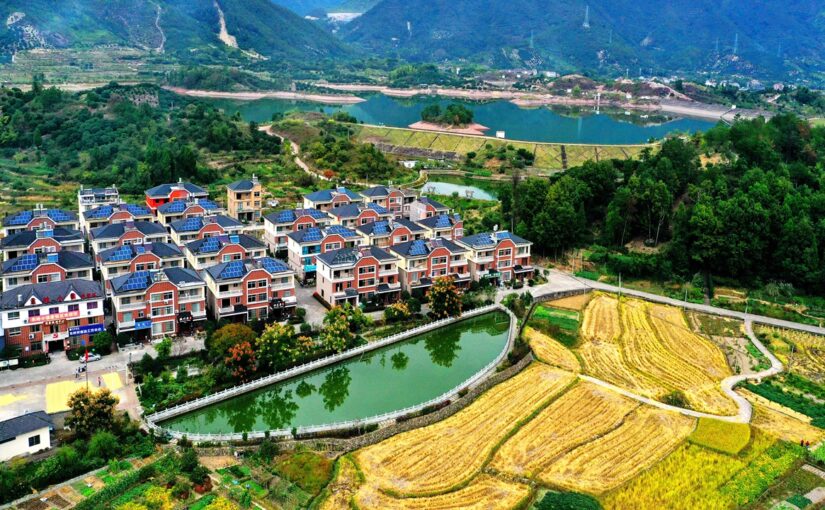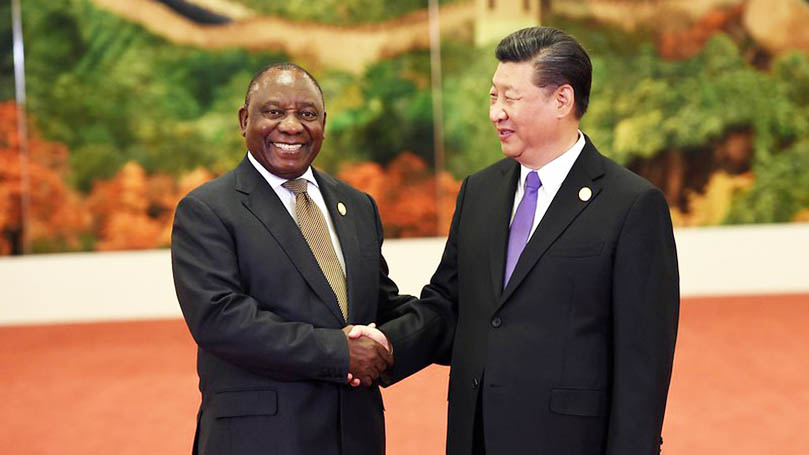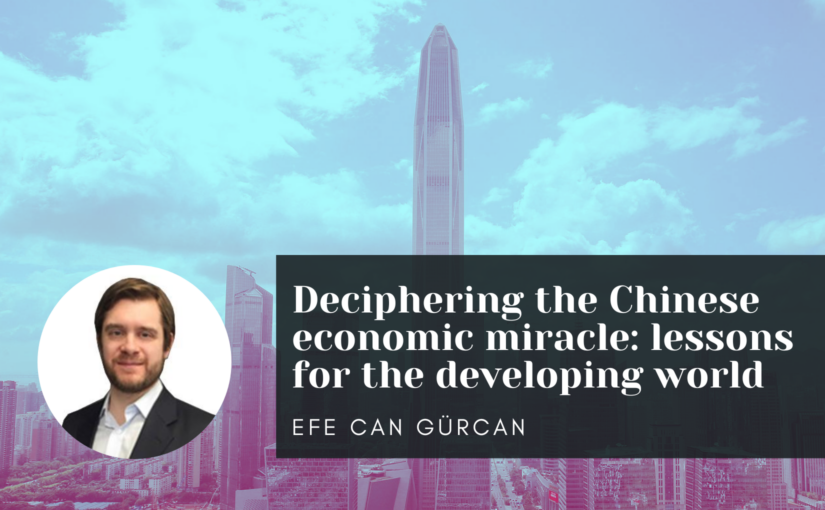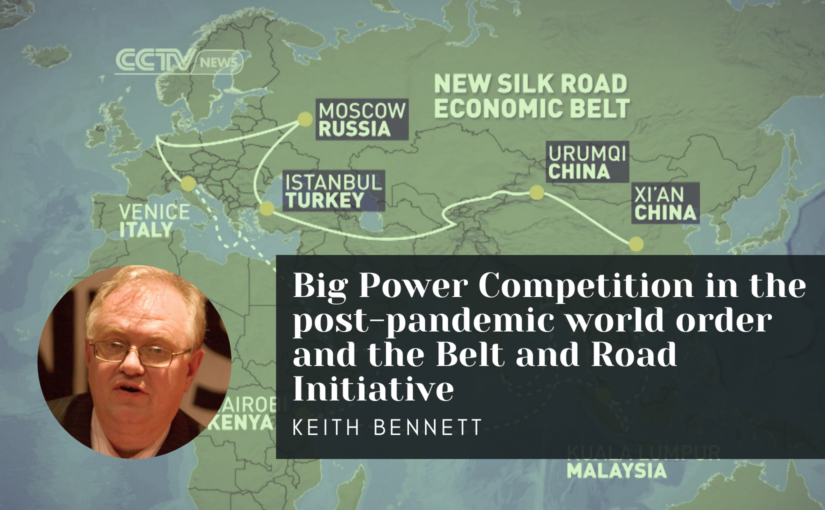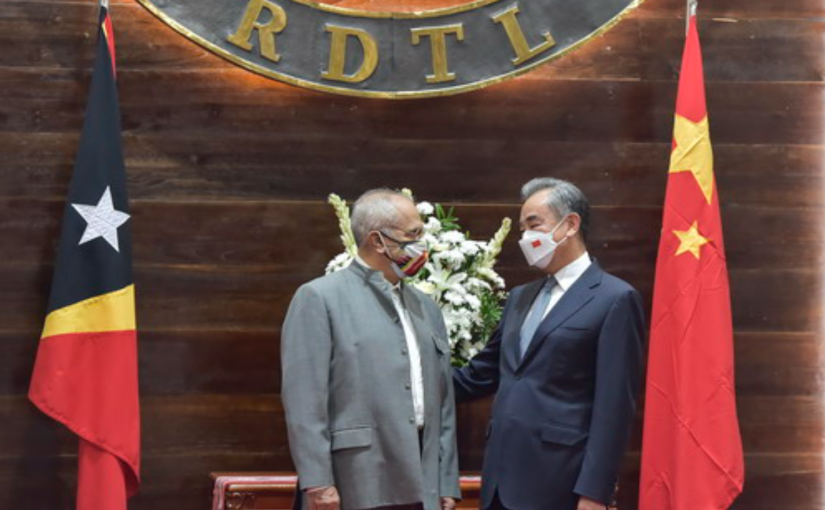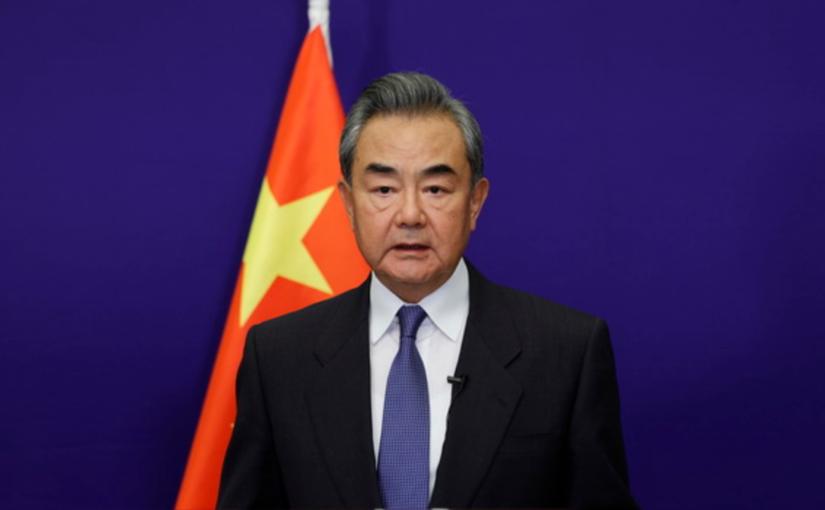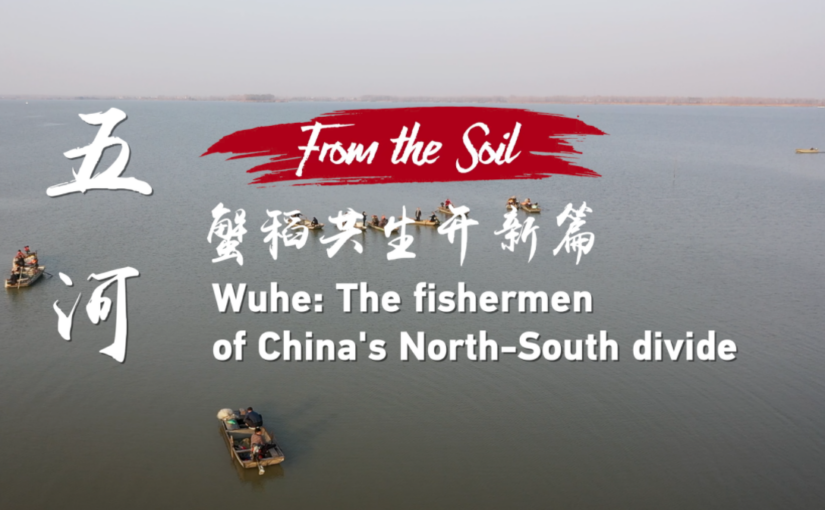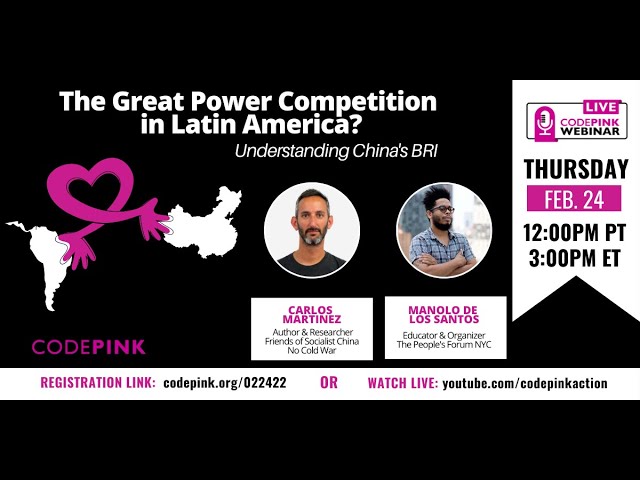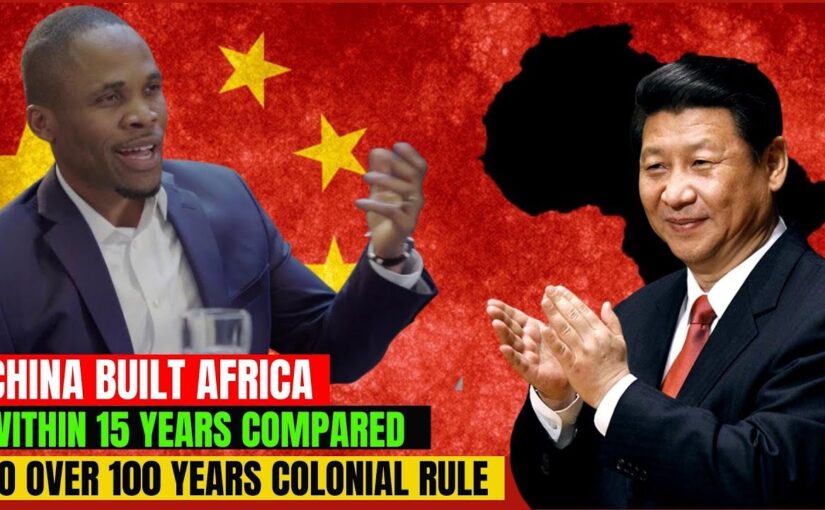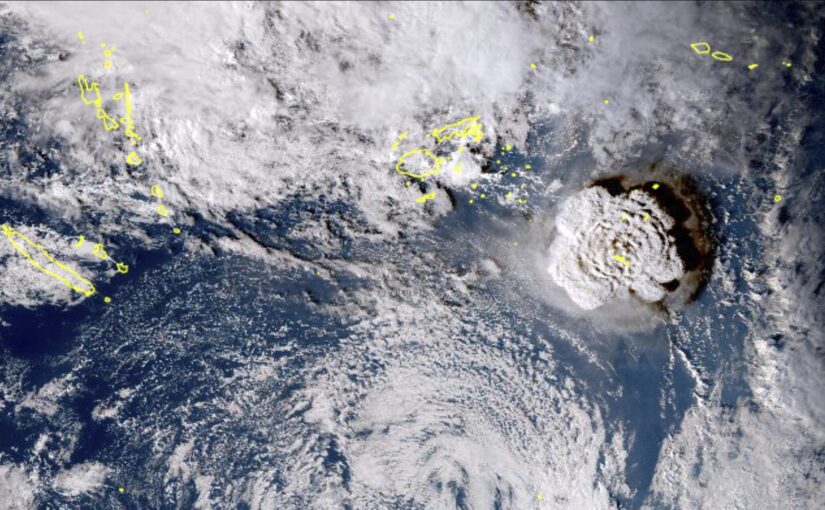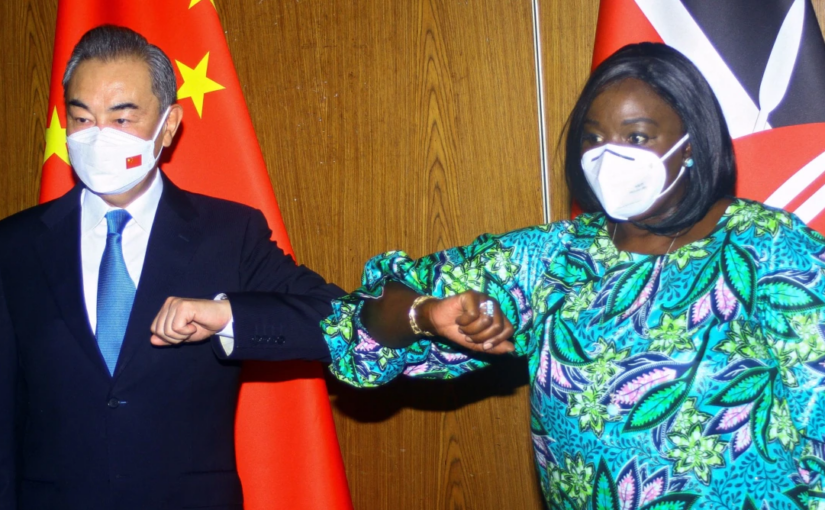We are pleased to publish this paper by Hong Xiaonan, Dean of the School of Marxism at China’s Dalian University of Technology (DUT), part of our occasional series of selected presentations from the Cloud International Workshop on ‘New forms of human civilization from a world perspective’, held by the School, October 29-31, 2021.
In his paper, Professor Hong argues that Chinese-style modernization is new in five aspects. It is mega-scale; is one where the entire population enjoys common prosperity; where material and spiritual civilization are in harmony; where humanity and nature co-exist in harmony; and that follows the path of peaceful development. In a few words, it is socialist modernization and modernization for developing countries.
Professor Hong outlines the stages of modernization theory, through the paradigm of “America First”, the emergence of capitalist and socialist camps headed respectively by the United States and the Soviet Union, the wave of decolonization and national liberation movements, through to the emergence of Chinese-style modernization.
The author notes that General Secretary Xi Jinping pointed out that China’s modernization means that more Chinese people than the population of all developed countries combined would enter the ranks of modernization. By way of comparison, the pre-18th century rise of the Netherlands, Portugal and Spain, with a combined population of about one million, was at best equivalent to the rise of a county in China today.
He compares China’s modernization, aimed at “the all-round development of human beings”, to the western model, which is “entirely oriented towards the logic of capital, with the market economy as the only driving mechanism. This inevitably leads to an ever-greater division between rich and poor… Western capitalist modernization was constructed on the foundation of primitive accumulation, in terms of blood-soaked colonial plunder external to capitalist countries and ruthless exploitation of the people within these countries. As Marx observed… ‘capital comes [into the world] dripping from head to foot, from every pore, with blood and dirt.’… The British ‘Enclosure Movement,’ the United States’ ‘Westward Movement,’ and the criminal slave trade are all examples of the ‘original sin’ of Western capitalist modernization.”
In contrast, Professor Hong echoes Xi Jinping’s words in his report to the 19th Party Congress, in pointing out that China’s modernization, “offers a completely new option for those countries and peoples in the world that want to accelerate development while maintaining their independence.”
Once again, we are grateful to the DUT translation team and to Professor Roland Boer for their work to make this important paper available in English.
Abstract: The new path of Chinese-style modernisation is “new” in that it is different from the Western path of modernisation. The “new” characteristic has five aspects: 1) modernisation on a mega-scale; 2) modernisation in which the entire population enjoys common prosperity; 3) modernisation in which material and spiritual civilisation are in harmony; 4) modernisation in which humanity and nature coexist in harmony; 5) and modernisation that follows the path of peaceful development. Chinese-style modernisation is socialist modernisation, with unique characteristics that are different from capitalist modernisation. Chinese-style modernisation has changed the long-standing dominance of the model of Western modernisation and the power of its discourse monopoly. It has broken the stereotype and “beautiful myth” that “globalisation = Westernisation,” that “westernisation = modernisation,” and that “modernisation = marketisation.” It has overcome the inherent and innate defects of capitalist modernisation, and provided a completely new option for modernisation, thereby showing a promising prospect for the modernisation of human society. Chinese-style modernisation is a modernisation for developing countries, opening up a completely new path towards modernisation for late-developing countries.
Keywords: New path of Chinese-style modernisation; Western modernisation; new forms of human civilisation.
The new path of Chinese-style modernisation is “new” in that it is different from the Western path of modernisation
Modernisation as a world historical process reflects the tremendous changes that human society has undergone from traditional agricultural societies to modern industrial societies. This process began in Western Europe, expanded across North America and the rest of Europe, and spread to Asia, Africa, and Latin America. The study of the theory of modernisation emerged in the 1950s and 1960s, with the main academic fronts in the United States, West Germany, Japan, and other countries. The object of this research concerned the newly independent post-war countries, that is, the developing countries of the Third World. The task was to examine the new paths, strategies, and models for the development of these new countries. Generally speaking, Western research on modernisation began as a sub-discipline, mainly using theories and methods from different Western disciplines such as sociology, economics, political science, and psychology to construct theoretical frameworks so as to analyse and compare the modernisation of non-Western developing countries and to conduct field research.
After the Second World War, the new scientific and technological revolution in the Western capitalist world brought about rapid development of the productive forces and rapid growth of the capitalist economy, which not only quickly healed the wounds of war in the capitalist world, but also strengthened the confidence in Western civilisation, which had for a time been lost as a result of the economic crisis and war. In particular, through the Second World War, the United States leapt ahead to become the centre and leader of the Western capitalist world. Many Western scholars, including some in the United States, were filled with a sense of novelty and admiration for the United States, creating the illusion of “America first” and arguing theoretically for the superiority and rationality of the Western capitalist system. In terms of this background, research on the emergence of modern society began to flourish in a number of universities in the United States, and from this research the so-called “modernisation theory” – or to be precise, “Western modernisation theory” – gradually took shape.
Continue reading What is “new” about the new path of Chinese-style modernisation?